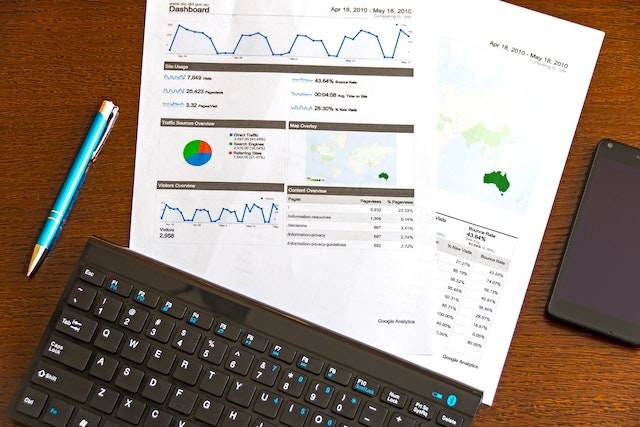Credit cards have become a ubiquitous tool for consumers looking to make purchases, pay bills, or earn rewards. However, with the convenience of credit cards comes the responsibility of when to pay credit card effectively. One crucial aspect of managing credit cards is knowing when to pay. This guide will review the dos and don’ts of credit card payments to help you make the most of your credit cards.
Do Pay on Time
The most crucial aspect of managing credit card payments is paying on time. Late payments can result in costly late fees, increased interest rates, and even damage your credit score. Making the minimum payment by the due date is vital to avoid damage to your credit score. Setting up automatic payments or calendar reminders can help you stay on track.
Don’t Pay Only the Minimum
While the minimum payment can keep your account in good standing, there are better strategies for managing credit card debt. Paying only the minimum can result in a never-ending cycle of debt, as interest continues to accrue, making it challenging to pay off the balance. It is better to pay as much as you can afford above the minimum payment to reduce your balance and decrease interest charges.
Do Use Balance Transfer Offers Strategically
Balance transfer offers can be an excellent tool for managing credit card debt. These offers allow you to transfer the balance of one credit card to another with a lower interest rate or no interest rate for a limited time. While balance transfer offers can be beneficial, they come with a few caveats. First, there is usually a balance transfer fee, typically a percentage of the amount transferred. Second, you may be subject to high-interest rates if you do not pay off the balance before the promotional period ends. Therefore, it is crucial to use balance transfer offers strategically and ensure you plan to pay off the balance before the promotional period ends.
Don’t Max Out Your Credit Cards
Maxing out your credit cards can have several negative consequences. First, it can result in costly over-limit fees, increased interest rates, and damage to your credit score. Additionally, maxing out your credit cards can make it challenging to make your payments on time, as your minimum payment will be higher. Therefore, it’s best to keep your credit card balances below 30% of your credit limit and use the tools and resources offered by credit card companies, such as SoFi, to manage your balances and avoid over-limit fees and increased interest rates.
Do Pay More Than Once a Month
If you want to reduce your interest charges and pay off your balance faster, consider making multiple payments per month. By making payments more frequently, you can reduce the amount of interest that accrues on your balance. Additionally, making multiple payments can help you stay on top of your spending and ensure you spend your credit card wisely.
Knowing when to pay credit card bills is crucial for effective management. By following these dos and don’ts, you can ensure you’re using your credit cards to your advantage and avoiding costly mistakes. Remember to stay on top of your payments, pay more than the minimum, and avoid maxing out your credit cards. Doing so lets you make the most of your credit cards and use them to build a strong credit history.













